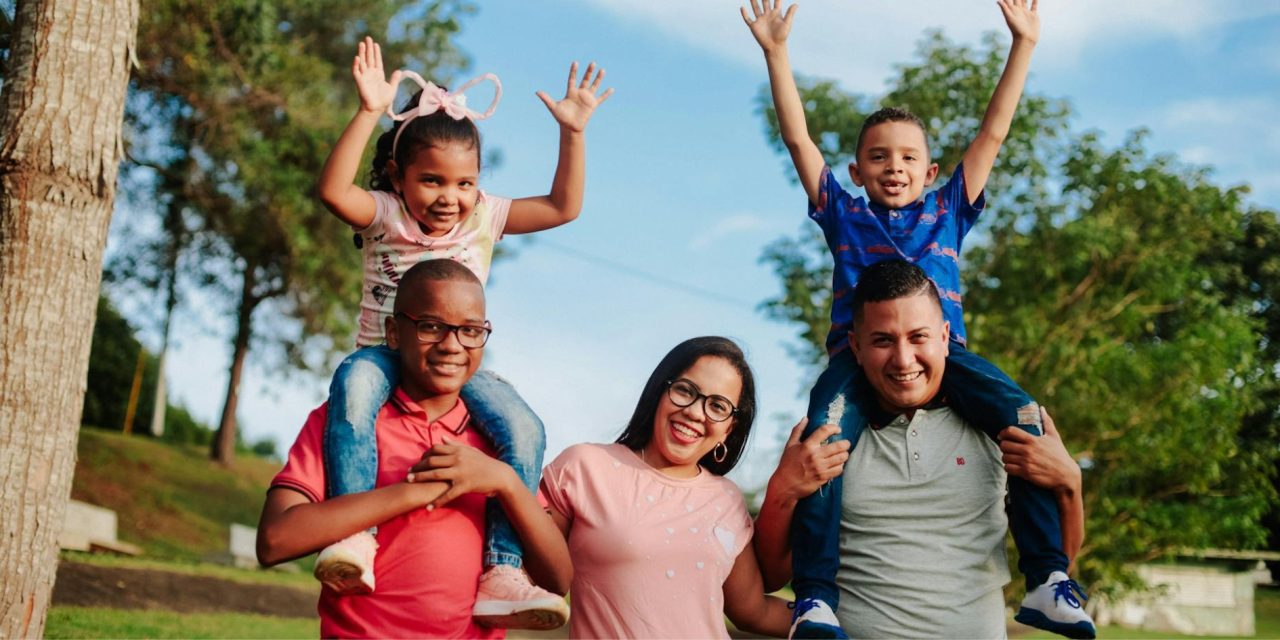Ah, siblings—the people who are either your best friends or your greatest rivals, depending on the day and the proximity of the TV remote. But what if we told you that with a little effort (and a few family game nights), you can actually turn those sibling squabbles into strong, lasting relationships?
It’s not as impossible as it sounds—by encouraging bonding, promoting respect, and avoiding comparisons, parents can create a supportive environment where siblings not only get along but actually enjoy each other’s company. So, let’s dive into the secrets of fostering sibling harmony and creating memories that will last a lifetime!
How Can Parents Foster Positive Sibling Relationships?
Encouraging Bonding Activities
Parents should encourage their children to engage in bonding activities to help strengthen their relationships and foster deeper connections. These activities provide opportunities for siblings to share experiences and gain a better understanding of one another.
When parents make a conscious effort to create time for quality moments together, it naturally brings the children closer and improves communication and teamwork. Whether it's hiking, cooking, or working on a DIY project, collaborative tasks help build a sense of togetherness.
These shared moments of laughter, support, and success are the foundation for lasting memories and stronger sibling bonds. Over time, this intentional bonding helps to cultivate a strong, loving relationship that will stand the test of time.
Avoiding Comparisons
Parents should avoid comparing their children to one another. It’s important to cultivate empathy and respect by allowing each child to shine in their own way. Comparing siblings can create unnecessary competition. In fact, it can make one child feel overshadowed by the other.
Instead, you should focus on celebrating each child's individual strengths and passions. By recognizing and acknowledging the unique qualities of each child, you can boost their self-esteem and encourage them to appreciate the differences that make each sibling special.
This practice of fostering empathy and respect improves sibling relationships. More importantly, it strengthens each child's sense of self-worth and confidence.
Showing Equal Love and Attention
Parents should strive to give equal love and attention to all their children. When children feel equally valued, it builds trust and creates a sense of security within the family. This balanced affection helps siblings develop stronger emotional bonds. It also teaches them the importance of empathy and cooperation.
By showing fairness in their attention, parents lay the foundation for mutual respect and understanding. This, in turn, strengthens family unity. Regular displays of love and support also create an open environment for conversations. Thanks to this, all siblings feel heard and appreciated.
Modeling Healthy Relationships
Parents play a crucial role in modeling healthy relationships within the family. By demonstrating effective communication, conflict resolution, and mutual respect, they provide valuable examples for their children to follow.
These behaviors teach siblings how to interact with one another in positive ways. Ultimately, this promotes harmony and emotional growth.
When parents prioritize fostering positive relationships, they create an environment where children feel valued and understood. This strengthens sibling bonds and equips children with important interpersonal skills that will serve them well in all future relationships.
Conclusion
Building positive sibling relationships starts with creating an environment where each child feels valued and heard. Parents play a crucial role by encouraging shared experiences, avoiding comparisons, and modeling healthy relationships.
With equal love, attention, and respect, siblings can grow together in harmony. These efforts lay the foundation for a lifetime of mutual support and love.Want more expert tips on how to foster healthy family dynamics? Visit Marvelus Kids for insights and strategies to nurture your child's relationships and create a harmonious home. Stay tuned for more helpful articles on family bonding!









